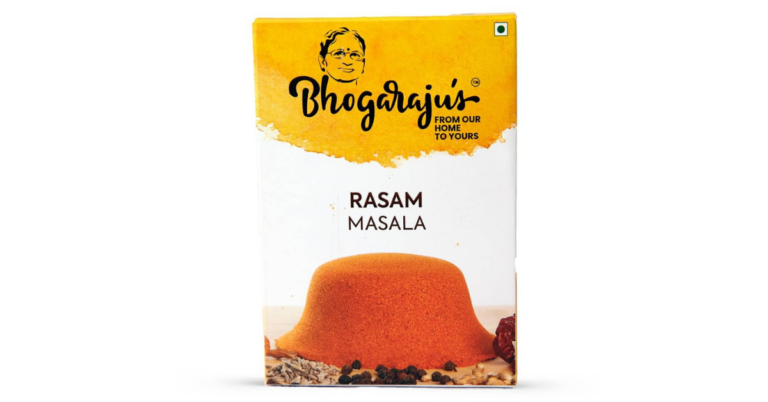Advances in Plant-Based Food Production
cricbet99com, sky11. live login, cricbet99 reddy anna:Advances in Plant-Based Food Production
In recent years, there has been a significant shift towards plant-based diets for a variety of reasons, including health, environmental concerns, and animal welfare. As a result, the demand for plant-based foods has soared, leading to advancements in plant-based food production techniques. These advancements have not only improved the taste and variety of plant-based foods but have also made them more accessible and sustainable. In this article, we will explore some of the recent advances in plant-based food production and the impact they are having on the food industry.
Plant-Based Protein Sources
One of the biggest challenges in plant-based food production has been finding high-quality protein sources. Traditionally, plant-based proteins were seen as inferior to animal proteins in terms of taste and nutritional value. However, recent advances in food technology have made it possible to create plant-based proteins that are virtually indistinguishable from animal proteins.
One of the most exciting developments in plant-based protein sources is the use of pulses, such as peas, lentils, and chickpeas. Pulses are not only high in protein but also packed with fiber, vitamins, and minerals. Companies like Beyond Meat and Impossible Foods have been using pulses as the base for their plant-based meat products, which have been gaining popularity in supermarkets and restaurants around the world.
Another promising plant-based protein source is algae. Algae are rich in protein, omega-3 fatty acids, and antioxidants, making them a nutritious alternative to animal proteins. Algae-based protein powders and snacks are starting to hit the market, offering consumers a sustainable and eco-friendly protein option.
Sustainability in Plant-Based Food Production
One of the key benefits of plant-based food production is its sustainability. Plant-based foods generally require fewer resources, such as water and land, compared to animal-based foods. However, recent advances in plant-based food production have taken sustainability to the next level.
One of the most innovative sustainable practices in plant-based food production is vertical farming. Vertical farming involves growing crops in stacked layers in a controlled environment, such as a warehouse or shipping container. This method allows for year-round production of fresh fruits and vegetables without the need for pesticides or large amounts of water. Companies like Plenty and AeroFarms are leading the way in vertical farming, producing high-quality plant-based foods that are both sustainable and delicious.
In addition to vertical farming, advancements in food processing technology have also made plant-based food production more sustainable. For example, some companies are using waste products from other industries, such as nut shells and fruit pits, to create plant-based food ingredients. By repurposing these waste products, companies are reducing their environmental impact and creating innovative plant-based foods.
Plant-Based Dairy Alternatives
Dairy products are a staple in many diets, but they can be a challenge for those following a plant-based lifestyle. Fortunately, advances in plant-based food production have led to the development of a wide range of dairy alternatives that are just as delicious and nutritious as their dairy counterparts.
One of the most popular plant-based dairy alternatives is almond milk. Made from ground almonds and water, almond milk is a creamy and versatile substitute for cow’s milk. Other plant-based milk alternatives, such as oat milk, soy milk, and coconut milk, are also gaining popularity as consumers become more aware of the environmental and ethical issues surrounding dairy production.
In addition to plant-based milk alternatives, there are now plant-based cheese, yogurt, and ice cream options available. These dairy alternatives are made from ingredients like cashews, coconut oil, and nutritional yeast, and are designed to mimic the taste and texture of traditional dairy products. With advancements in food technology, plant-based dairy alternatives are becoming increasingly indistinguishable from their dairy counterparts, making it easier for people to transition to a plant-based diet.
Future Trends in Plant-Based Food Production
As plant-based diets continue to gain popularity, the future of plant-based food production looks promising. Some of the trends we can expect to see in the coming years include:
– Functional plant-based foods: Companies are starting to incorporate functional ingredients, such as probiotics, adaptogens, and antioxidants, into plant-based foods to provide additional health benefits.
– Personalized nutrition: Advances in technology, such as genetic testing and AI, are making it possible to create personalized plant-based meal plans tailored to individual health needs and preferences.
– Cultured meat: While not technically plant-based, cultured meat is a sustainable alternative to traditional animal meat that is produced by growing animal cells in a lab. Cultured meat has the potential to revolutionize the food industry and provide a more ethical and sustainable source of protein.
These trends, along with advancements in plant-based food production techniques, are shaping the future of food and paving the way for a more sustainable and healthy world.
FAQs
Q: Are plant-based foods nutritionally complete?
A: Plant-based diets can be nutritionally complete if they are well-balanced and include a variety of fruits, vegetables, whole grains, and plant-based proteins. It is important to pay attention to nutrient intake, such as vitamin B12, iron, and calcium, to ensure that all nutritional needs are met.
Q: How can I make the switch to a plant-based diet?
A: Making the switch to a plant-based diet can be overwhelming at first, but it is easier than you think. Start by incorporating more plant-based foods into your meals, such as beans, lentils, tofu, and vegetables. Experiment with plant-based recipes and gradually reduce your intake of animal products. Remember that small changes can make a big difference in your health and the environment.
In conclusion, advances in plant-based food production are revolutionizing the food industry and providing consumers with more sustainable and nutritious food options than ever before. With innovations in plant-based protein sources, sustainability practices, and dairy alternatives, plant-based foods are becoming more accessible and appealing to a wider audience. As we look to the future of food, it is clear that plant-based diets will continue to play a crucial role in promoting health, sustainability, and ethical eating practices.







